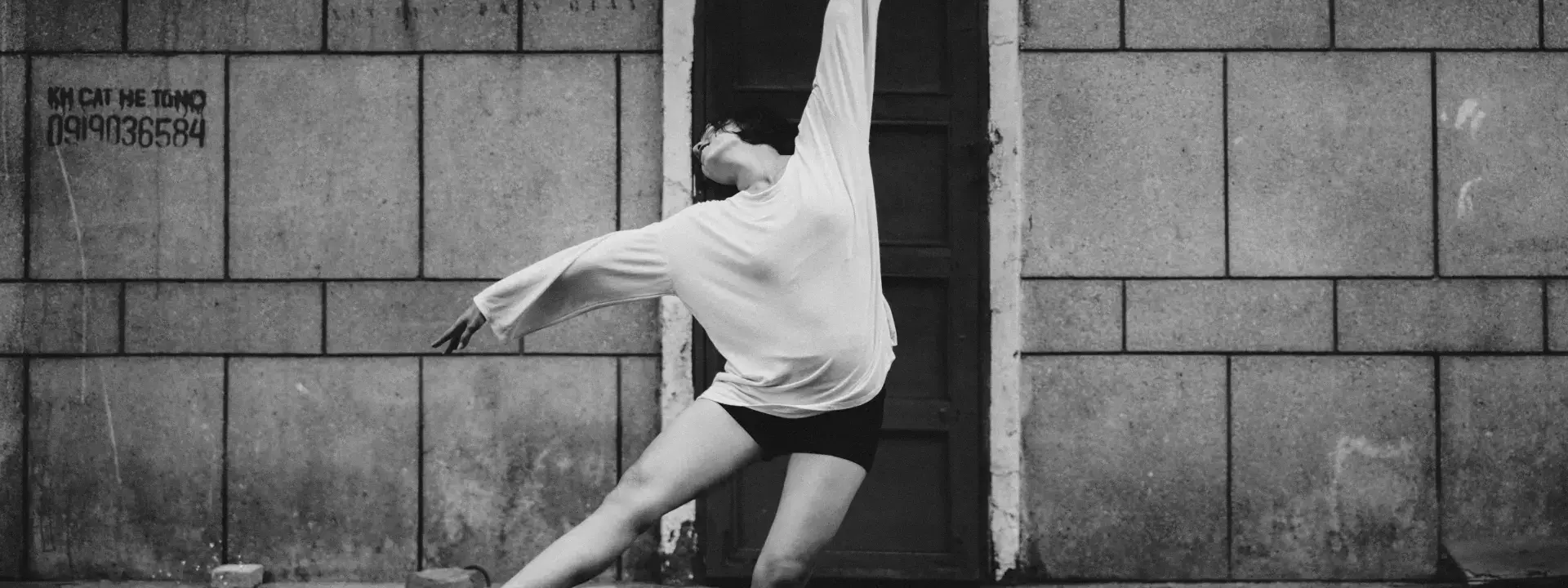
Performing Arts Job Description
What is a Performing Arts Professional?
A performing artist is an individual who presents a work of art before an audience. The performance may be live or recorded, and the artwork may be musical, dramatic, comedic, or any other form that can be presented before an audience. The term "performing artist" encompasses a wide range of professionals, from musicians and actors to clowns and jugglers.
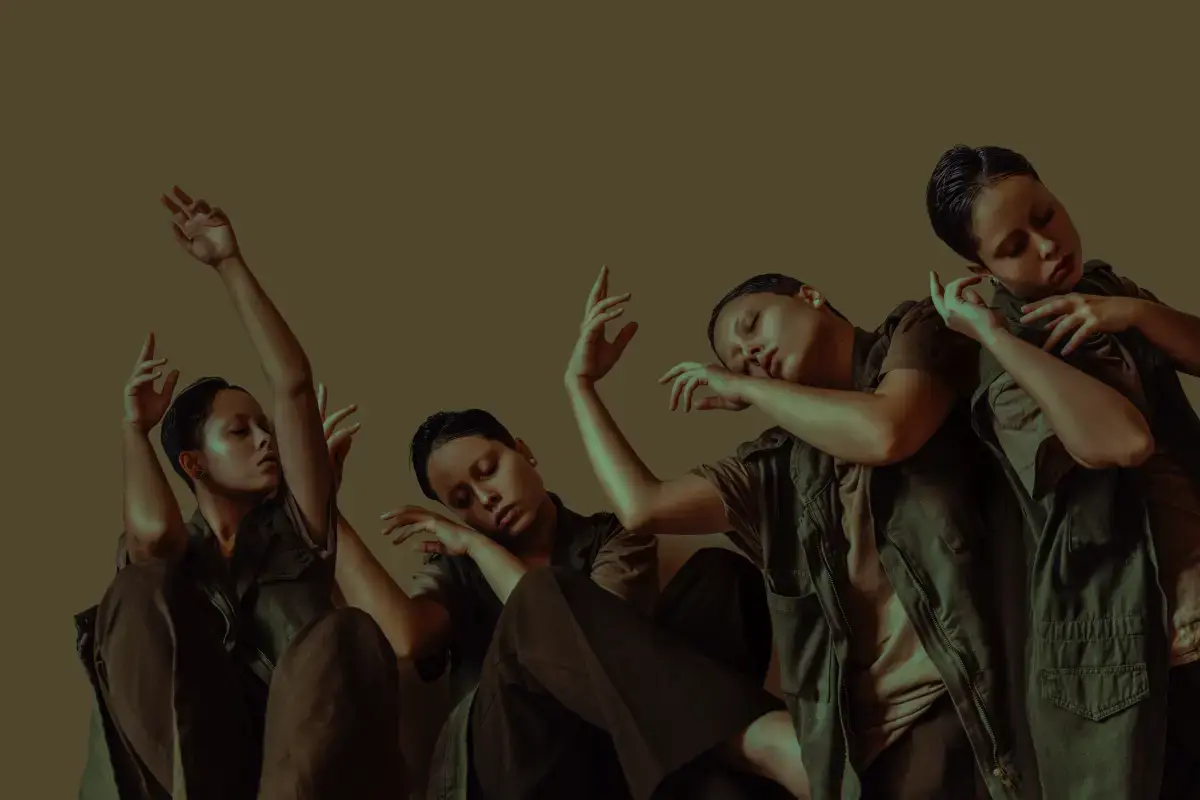
What does a Performing Arts Expert do?
A performing artist must have extensive training in their chosen field, as well as the ability to engage and entertain an audience. While the primary focus of a performing artist is to entertain, they may also seek to educate or inspire their audiences. In some cases, a performer may use their craft to raise awareness about important issues or bring attention to causes that are dear to them. Whatever their motive for getting on stage, performers strive to connect with their audiences in a way that leaves a lasting impression.
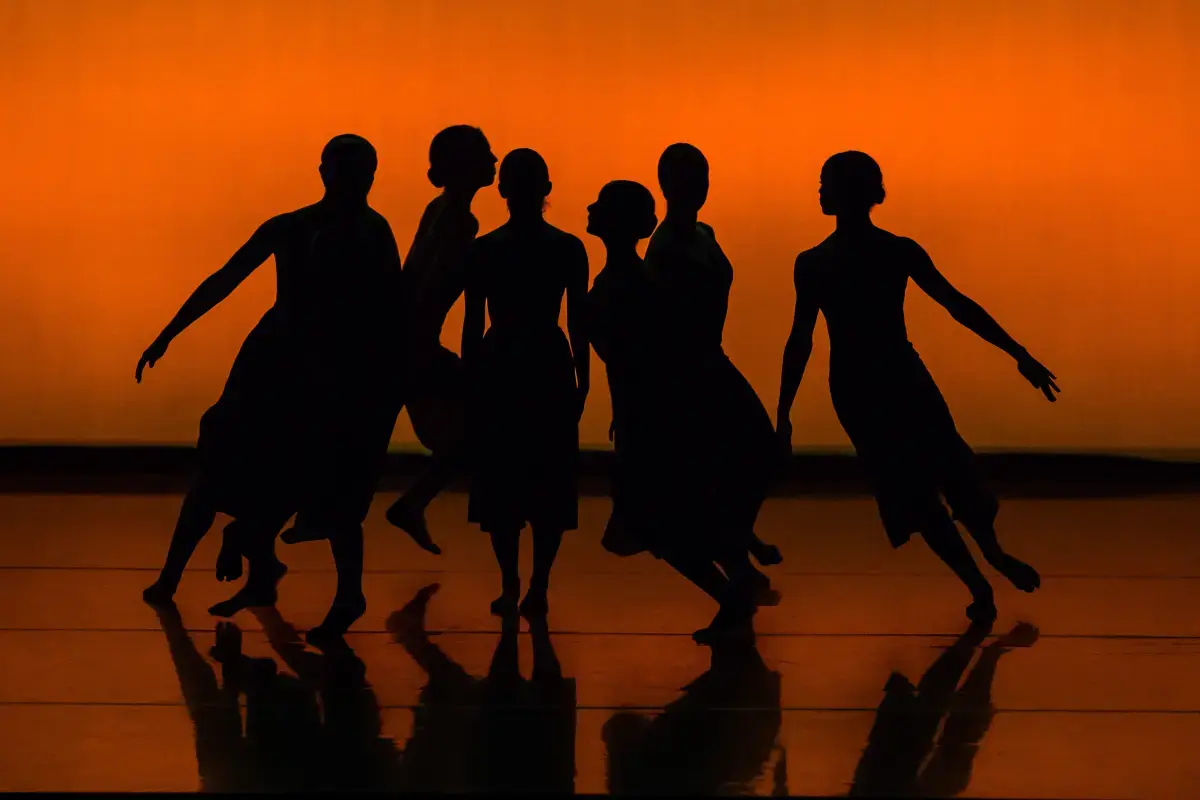
What are the Skills of a Performing Arts?
A performing artist needs a variety of skills and experience in order to be successful. Perhaps the most important skill for a performing artist is the ability to entertain an audience. A performer must be able to capture and maintain the attention of those watching, and to keep them engaged throughout the performance. Additionally, a performer must be able to express themselves through their chosen medium; whether that is dance, music, acting, or some other form of expression. They need to be able to tell a story or convey a message through their artistry. Other important skills for performers include stage presence and confidence.
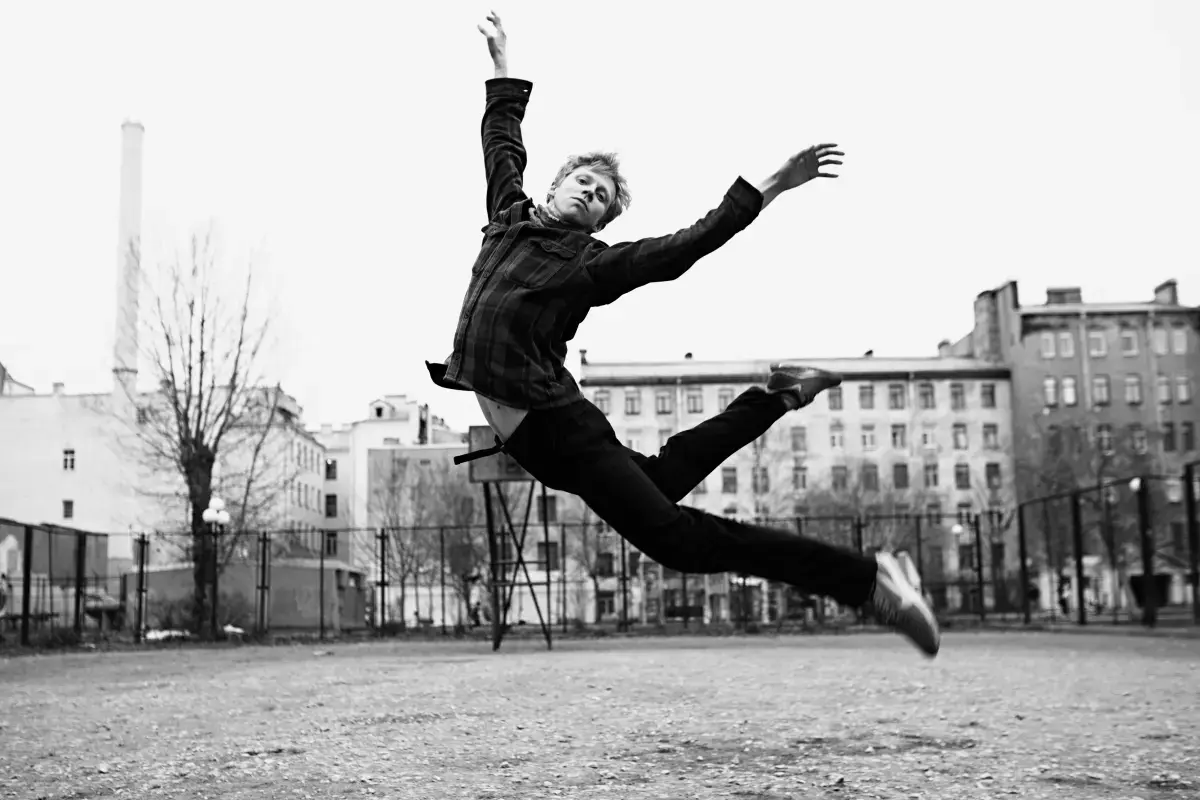
What makes an Expert Performing Arts?
A good performer is someone who is comfortable on stage and has the ability to command attention. They are also usually well-practised in their craft, which gives them the confidence needed to perform at their best. Being able to work well with others is another key skill for performers, as they often have to collaborate with fellow cast members, crew members, and directors. Finally, resilience is an important quality for any performer as there will inevitably be times when things do not go according to plan; being able handle these setbacks without letting it impact your performance is essential.
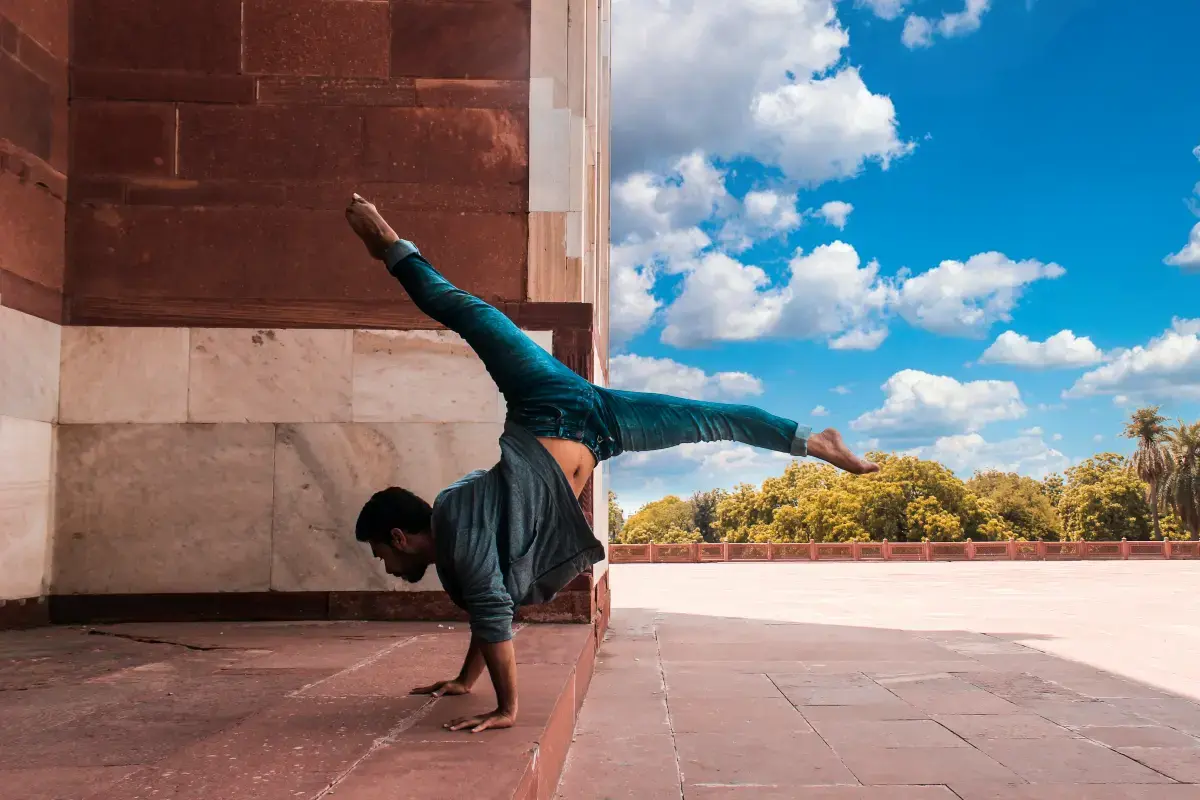
What level of Experience & Qualifications are required to be a Performing Arts?
Industry Experience: 1. Extensive experience in the performing arts, including live performances, studio recordings, and/or film/television work. 2. Knowledge of industry trends and standards for performance quality. 3. Ability to collaborate with other performers and production staff to create a successful performance outcome. 4. Understanding of the business side of the performing arts industry, including contracts, royalties, copyright law, etc. 5. Proven ability to network within the industry and build relationships with key players in order to secure future opportunities for work or collaboration projects. Training: 1. Professional training in acting techniques such as improvisation, scene study, character development and physicality from an accredited institution or program (e.g., conservatory). 2. Training in vocal technique from a qualified instructor or coach (e..g., singing lessons). 3 Education: Bachelor’s degree in theatre arts or related field preferred but not required; some schools offer specialized degrees specifically designed for aspiring professional performers (e..g., musical theatre). Qualifications: 1) Professional certification from a recognized organization such as Actors Equity Association (AEA), Screen Actors Guild-American Federation of Television & Radio Artists (SAG-AFTRA), American Federation of Musicians (AFM), etc.; this is often necessary for unionized productions or those that require certain levels of insurance coverage due to their size or scope; may also be beneficial when seeking employment outside of unionized productions as it demonstrates commitment to professionalism and dedication to one’s craft; 2) Demonstrated proficiency on at least one instrument if applicable; 3) Ability to read music notation if applicable; 4) Proficiency with various software programs used by professionals in the entertainment industry such as Adobe Audition/Pro Tools/Logic Pro X/etc.; 5) Fluency in multiple languages if applicable; 6) Valid driver’s license if applicable; 7) First Aid Certification if applicable
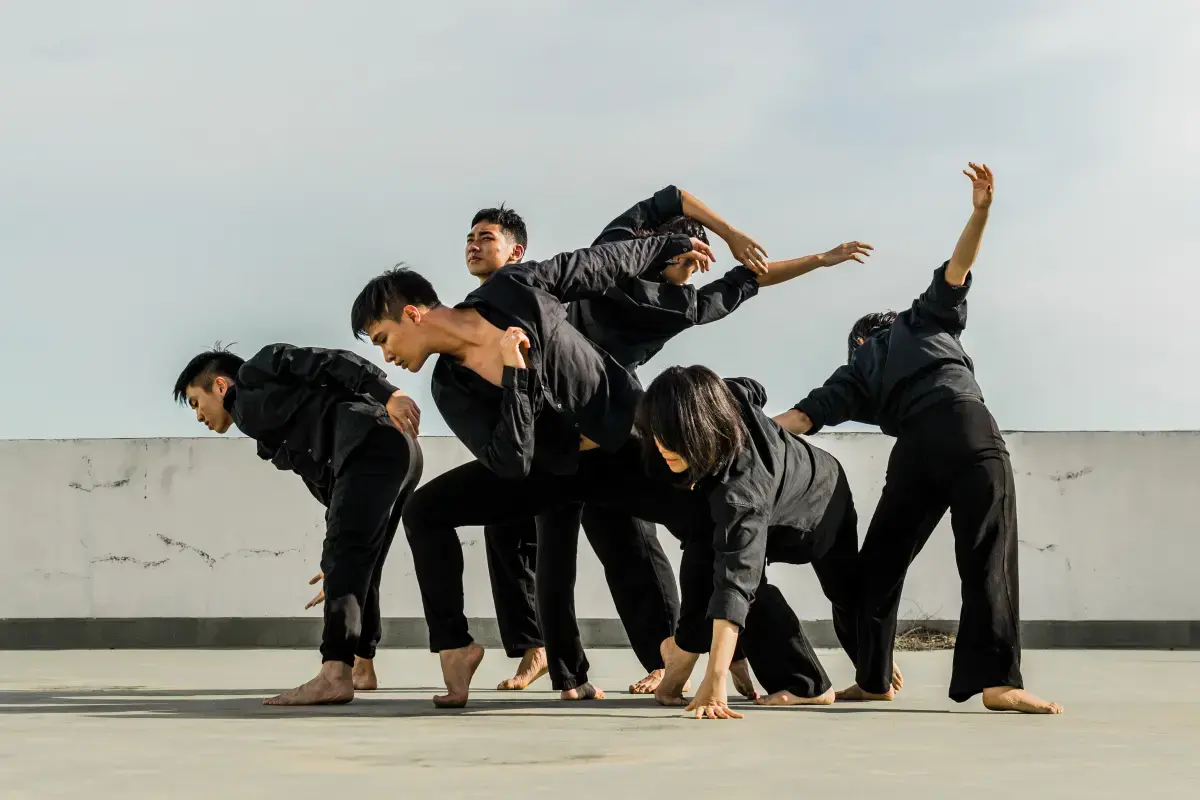
What is the Salary of a Performing Arts?
The salary expectations of a performing artist can vary greatly depending on the type of performance, experience level, and location. For junior performers, salaries typically range from minimum wage to around $20 per hour. This is usually for entry-level positions such as background actors or dancers in small productions. At the mid-level, salaries can range from $25-$50 per hour for more experienced performers who have been in the industry for several years and are working on larger projects. These performers may be featured in commercials or television shows and may also receive residuals if their work is rerun or released on DVD. Senior performers with extensive experience and a strong reputation can command much higher rates, ranging from $75-$150 per hour or more depending on the project. These performers often have agents that negotiate contracts on their behalf and they may also receive additional benefits such as travel expenses or accommodations while working away from home.
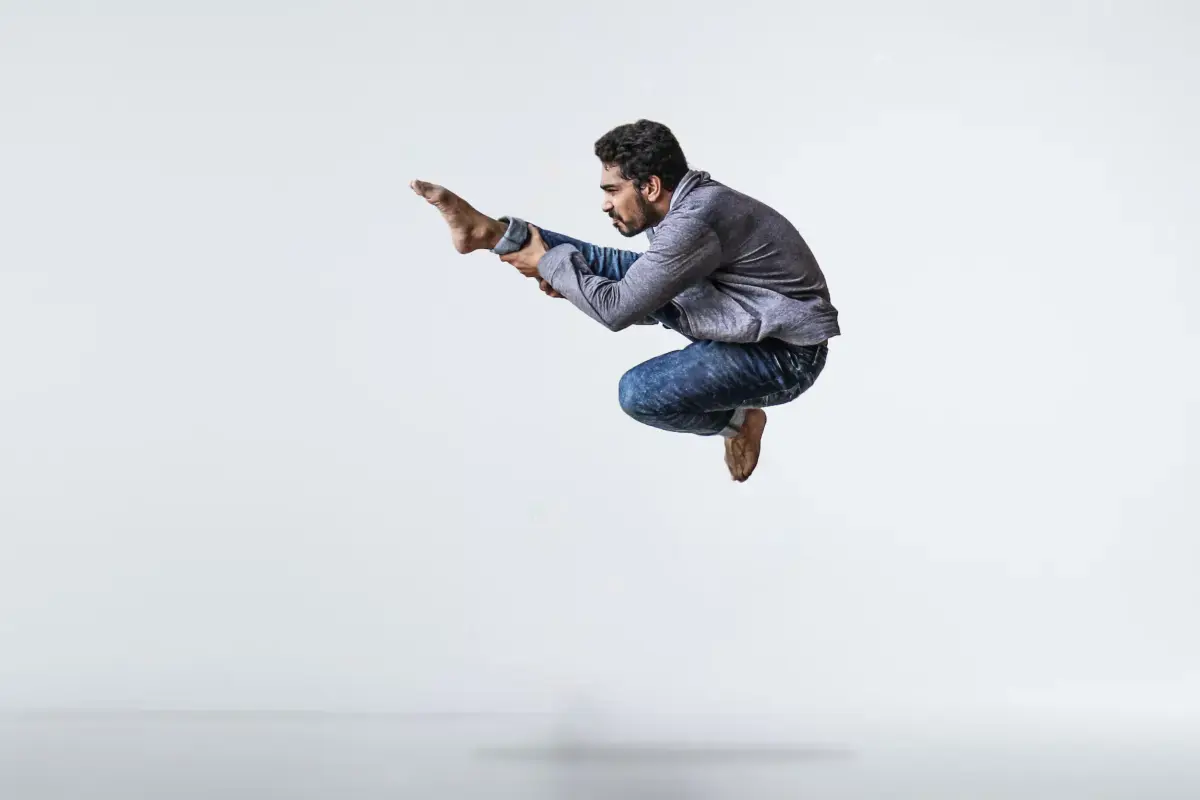
What are the Working Conditions for a Performing Arts?
The general working conditions for a performing artist vary greatly depending on the type of performance and the venue. Generally, performers are expected to be punctual, professional, and prepared for their performances. They should also be able to work well with other performers and crew members. Performers may have to rehearse or practice before their performance in order to ensure that they are ready for it. Depending on the type of performance, they may need to wear certain costumes or makeup as part of their role. They may also need to learn lines or choreography if necessary. Performers typically work long hours when preparing for a show or during a tour, including evenings and weekends. They often travel extensively in order to perform at different venues around the world. In addition, performers must take care of themselves physically by getting enough rest and eating healthy meals in order to maintain energy levels throughout their performances. Finally, they must stay up-to-date with industry trends so that they can remain competitive in an ever-changing field.
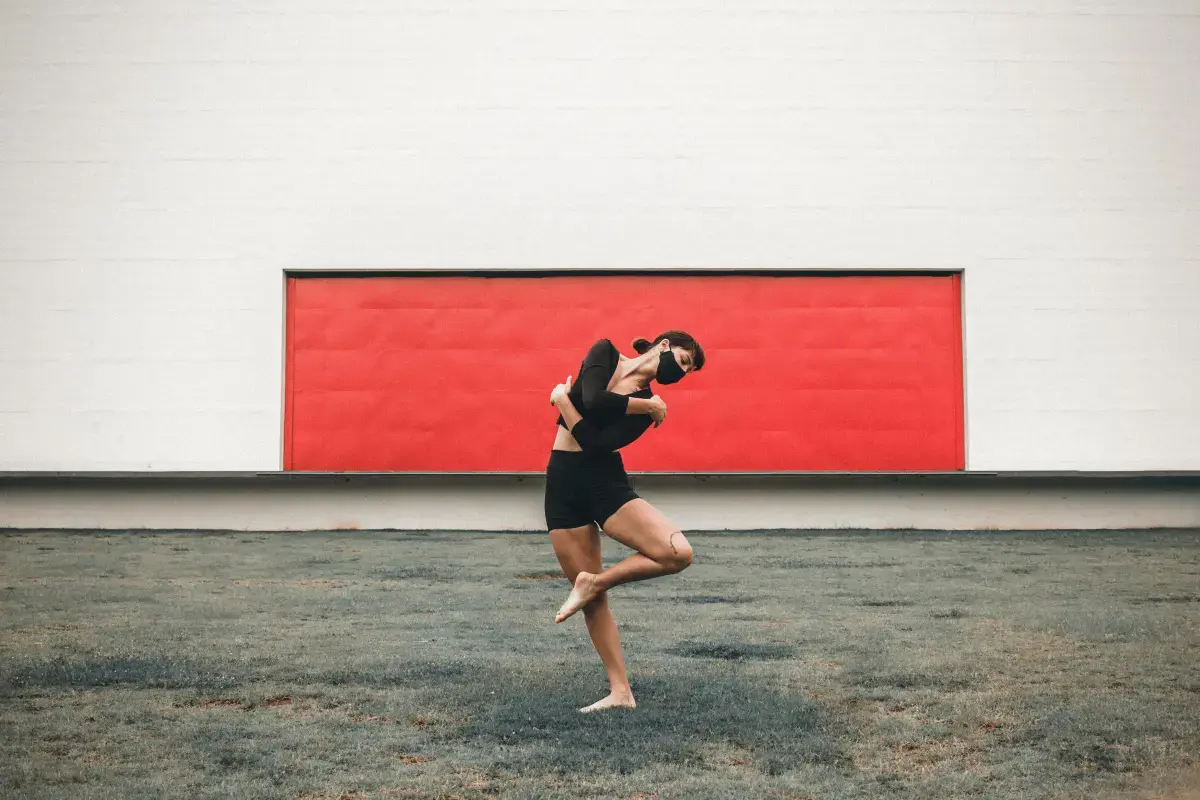
What are the roles and responsibilities of a Performing Arts?
To entertain audiences and make them enjoy the performance
To execute the role or piece as required by the director or choreographer
To rehearse diligently in order to be well-prepared for the performance
To work well with other cast members and build a good rapport
To project one’s voice properly and use proper diction
To portray emotion and express feelings convincingly
To maintain stage presence and keep up energy levels throughout the performance
To hit all marks on stage accurately
To wear the costumes and makeup as required by the production team
To perform under bright stage lights without being distracted or dizzied
To voice their character convincingly and accordingly to the animation
To lip sync to a track that has been created specifically for them
To stay in character at all times whilst on stage or during breaks in filming
To deliver their lines with feeling and passion as well as perfect diction
To physically act out their role to the best of their ability, using gesture and movement
To rehearse beforehand so they are word-perfect and know exactly what is required of them
To work long hours, often into the early hours of the morning, to get a production completed on time
To be able to switch seamlessly between different characters if they are needed for more than one production
To learn entire scripts quickly which can sometimes run into hundreds of pages
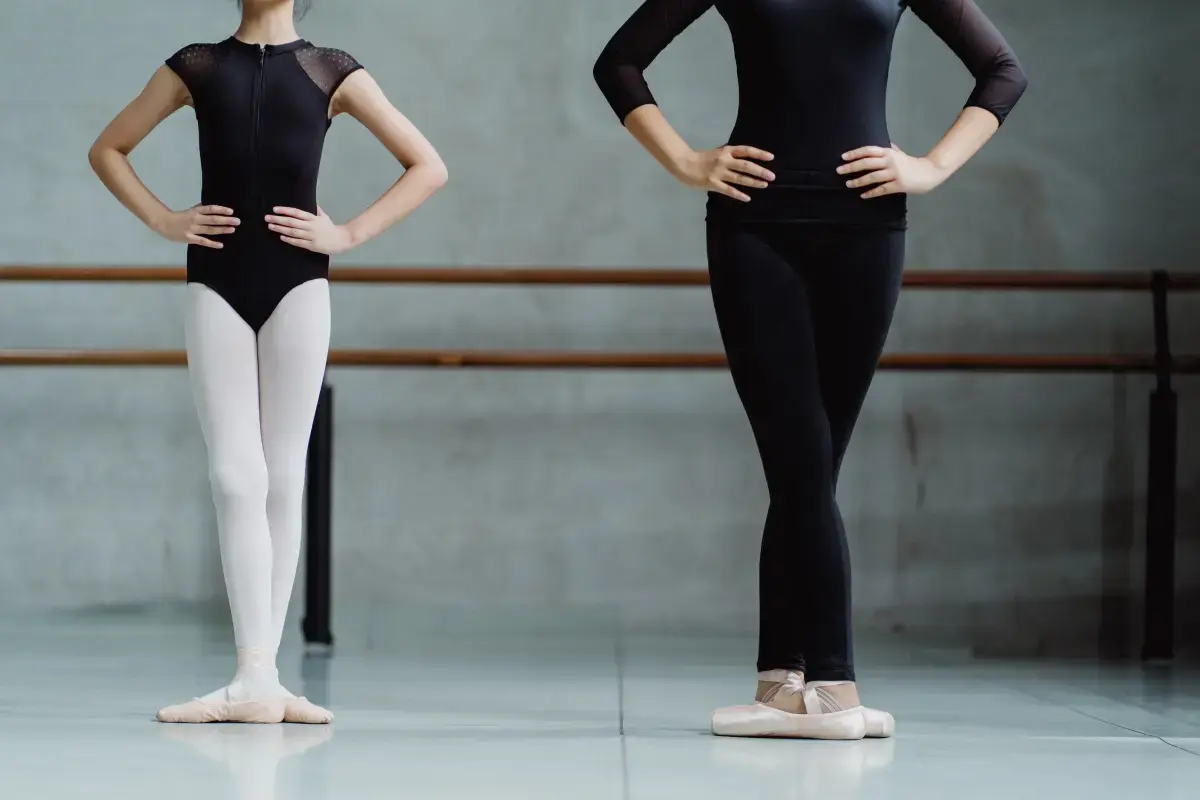
Where can I find Performing Arts jobs?
- Create a profile on gigexchange and promote your Performing Arts skills to advertise you are Open to New Work Opportunities
- Ensure your Resume (or CV), or online work profile is up to date and represents your skills and experience. Ensure your reputation reflects your ability & attitude.
- Apply for Performing Arts Jobs advertised on gigexchange.
- Practise Performing Arts interview techniques to ensure you represent your personality and ability succinctly and confidently.
- Accept the job offer if the salary meets your expectations and the employer mission and purpose reflects your core values.
Jobs
What are the best job boards for Performer jobs?

How can I hire Performing Arts staff online for my business?
The best job board for recruiting Performing Arts experts is gigexchange.com. Advertise full-time, part-time or contract jobs to find, hire & recruit trusted, experienced and talented Performing Arts candidates near you.
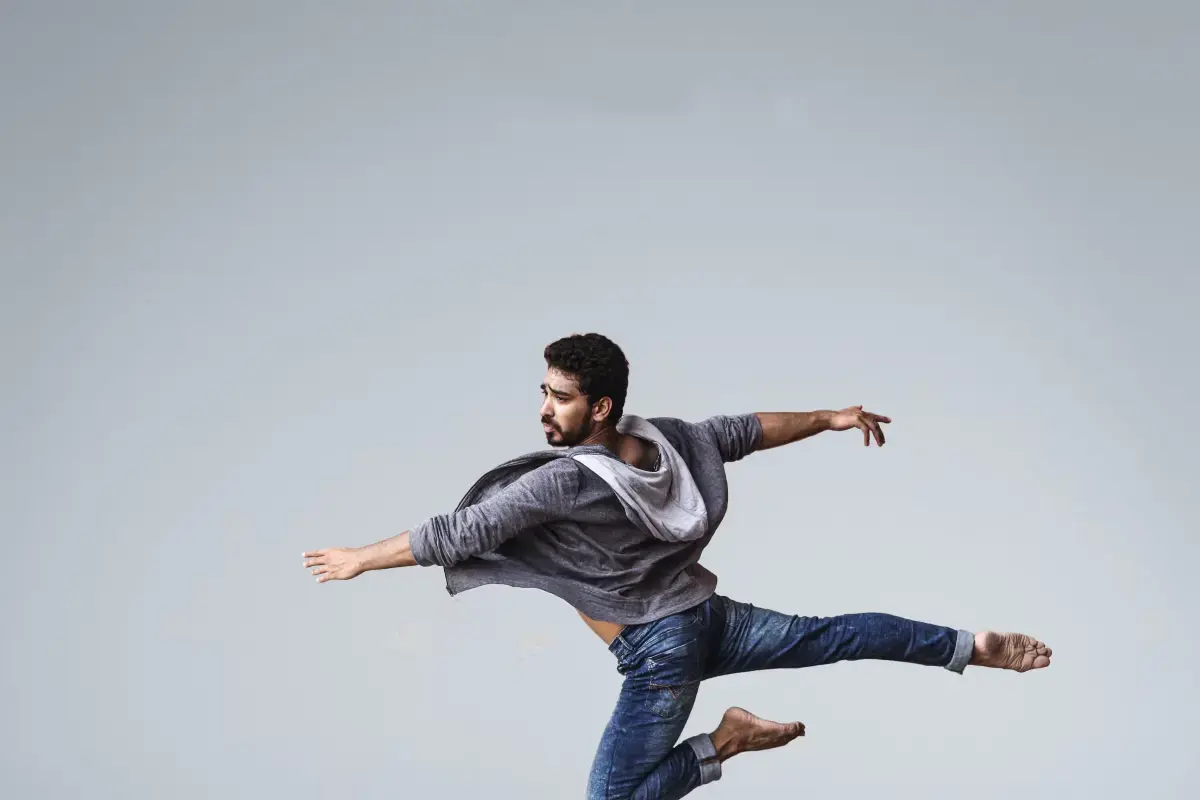
Are Performing Arts roles in demand in 2026?
Performing Arts experts are still in high demand in 2026. If you are an experienced Performing Arts or looking to train and become one. The job market is looking strong for Performing Arts jobs near me.